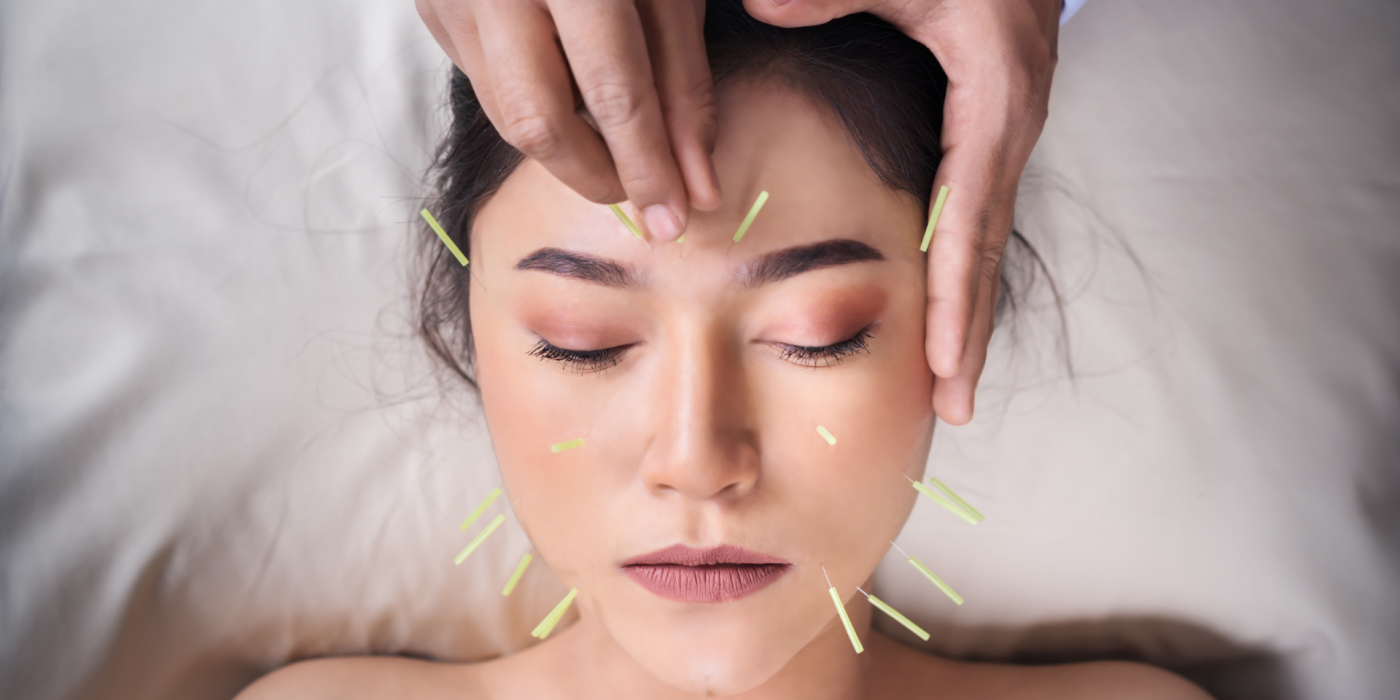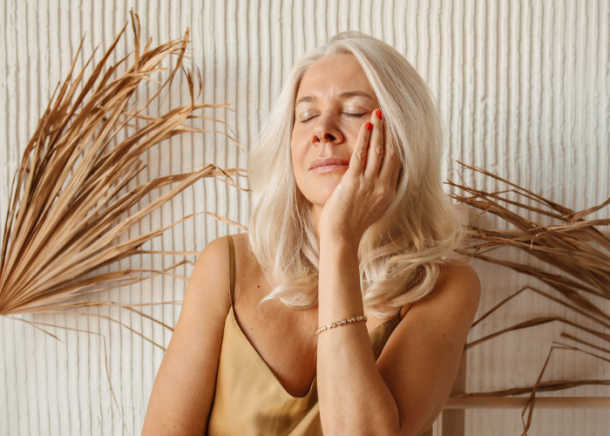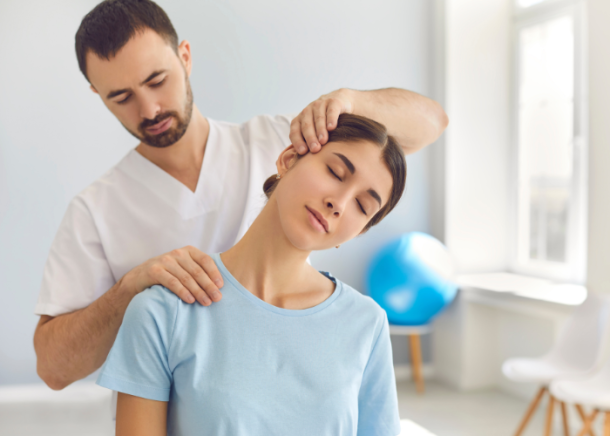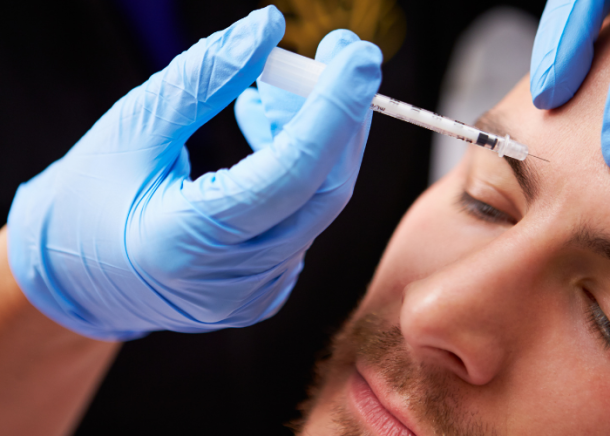Acupuncture: How Does It Relieve Pain and Stress?
– Who Is It Best For?

Acupuncture: How Does It Relieve Pain and Stress? Who Is It Best For?
Modern medicine is increasingly embracing methods that have proven effective for centuries in Eastern cultures. One of them is acupuncture – a form of therapy that involves precise stimulation of specific points on the body using fine needles. It's a safe, natural, and scientifically supported method for relieving pain, reducing stress, and supporting the body's self-healing processes.
Acupuncture is not just tradition – it's also a modern tool for helping the body regain balance. In an age of fast-paced living, chronic stress, and constant physical and emotional strain, there’s growing demand for holistic methods that don't burden the body. This is exactly what acupuncture offers – it harmonizes body and mind, addressing the root causes rather than just masking symptoms.
How does acupuncture work?
During the treatment, a therapist inserts very thin, sterile needles into specific acupuncture points located along the so-called meridians – energy channels through which life energy (qi) flows, according to traditional Chinese medicine. Disruptions in this flow can lead to pain, fatigue, inflammation, or emotional imbalance.
Modern research shows that acupuncture:
- stimulates nerve endings and the sympathetic nervous system,
- promotes the release of endorphins and serotonin – the body's natural "feel-good" hormones,
- reduces cortisol levels (the stress hormone),
- improves blood and lymph circulation, supporting regeneration and detoxification,
- strengthens the immune system,
- positively affects the autonomic nervous system,
- relieves muscle tension and improves sleep quality.
What conditions can acupuncture help with?
Acupuncture is used to treat a wide range of physical and emotional conditions. It is often used as a complementary method alongside conventional treatment or as supportive therapy in hard-to-diagnose cases.
The most common indications for acupuncture include:
- Chronic back, joint, neck, and shoulder pain
- Migraines and tension headaches
- Insomnia, difficulty falling asleep, restless sleep
- Chronic stress, anxiety, emotional tension
- Depressive states, burnout
- Hormonal imbalances: PMS, menopause, irregular cycles
- Digestive issues: reflux, IBS, constipation
- Weakened immune system and frequent infections
- Post-injury and post-surgical rehabilitation
Acupuncture is also used to support infertility treatments and as a tool in addiction recovery (e.g., nicotine, alcohol, or painkiller dependency).
Who is it best for?
Acupuncture is especially recommended for people who:
- lead a high-stress lifestyle,
- do not want or cannot take a lot of medications,
- are looking for ways to support the body’s natural regeneration,
- suffer from chronic conditions that are difficult to treat conventionally,
- experience low energy, reduced immunity, and poor overall well-being,
- want to take care of their health proactively in a natural and safe way.
It's also a good option for emotionally sensitive individuals dealing with emotional tension, irritability, difficulty concentrating, or insomnia.
Safety and comfort
Modern acupuncture is a safe procedure performed using single-use, sterile needles. The treatment is virtually painless – most patients report only a slight tingling sensation, relaxation, or pleasant warmth. Often, a deep sense of calm and peace sets in within minutes.
The treatment should be administered only by a qualified therapist with proper training in anatomy, natural medicine, and acupuncture techniques.
Summary
Acupuncture is a method with great potential – it supports both body and mind. It reduces tension, regulates bodily functions, relieves pain, and improves sleep and overall well-being. It’s an excellent complement to modern medicine and a proven alternative for those seeking a natural approach to health.
If you're looking for a therapy to help you regain balance, energy, and inner peace – acupuncture may be exactly what you need.


